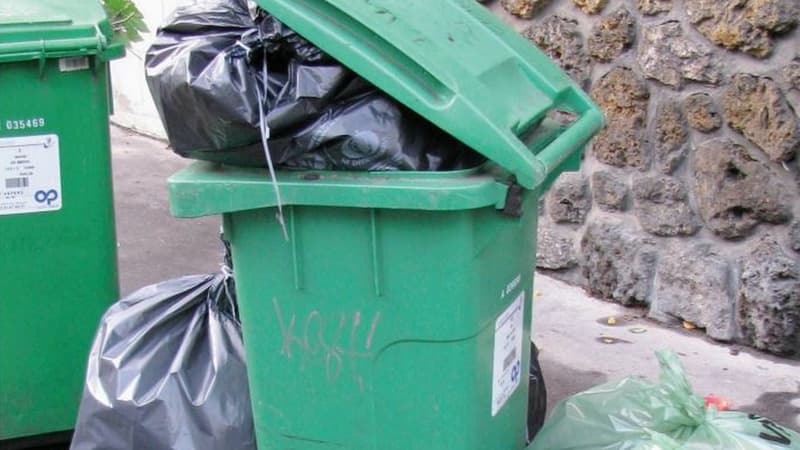The Ademe Ecological Transition Agency, determined to reduce domestic waste volumes to respect the country’s commitments, encourages communities to adopt “incentive prices”, that is, making households pay based on the amount of waste produced . “On average, incentive prices make it possible to reduce collected household waste by 30%,” estimates Ademe in a study made public on Tuesday.
As of January 1, 2021, 200 communities, such as Montauban, Besançon or La Roche-sur-Yon, financed their public waste management service through fees of this type, affecting a total of around 6.6 million French people. , an increase of 44%. compared to 2016, according to the study. “The French objective is to reduce the volume of household waste by 15% in 2030 compared to 2010, but we are not at all on that trajectory, we have even been behind for several years, while at the same time we have increased collection and sorting costs for communities,” says Alexandra Gentric, Ademe engineer.
Reduction in the frequency of collections for communities
This type of pricing creates a better reflection of classification and thus increases the collection of better classified packaging, paper and glass to around 105 kg per inhabitant per year, compared to the national average of 82 kg per inhabitant per year (93 kg in rural areas). ). For communities, this type of pricing allows them to reduce the frequency of household waste collection and, therefore, save money.
The study also attempted to assess the risk of an increase in illegal waste dumping by unscrupulous residents who wish to avoid paying fees. It concludes that the amount of illegal dumping of domestic waste would be less than “2 kg per year and per inhabitant”, which “argues in favor of maintaining the application of incentive prices”, indicates Ademe. However, the agency has not evaluated the additional costs of managing these illegal landfills, often located near street furniture intended for waste collection, nor has it quantified the volumes of illegal and environmentally harmful burning, which fact could increase in the gardens.
Source: BFM TV


